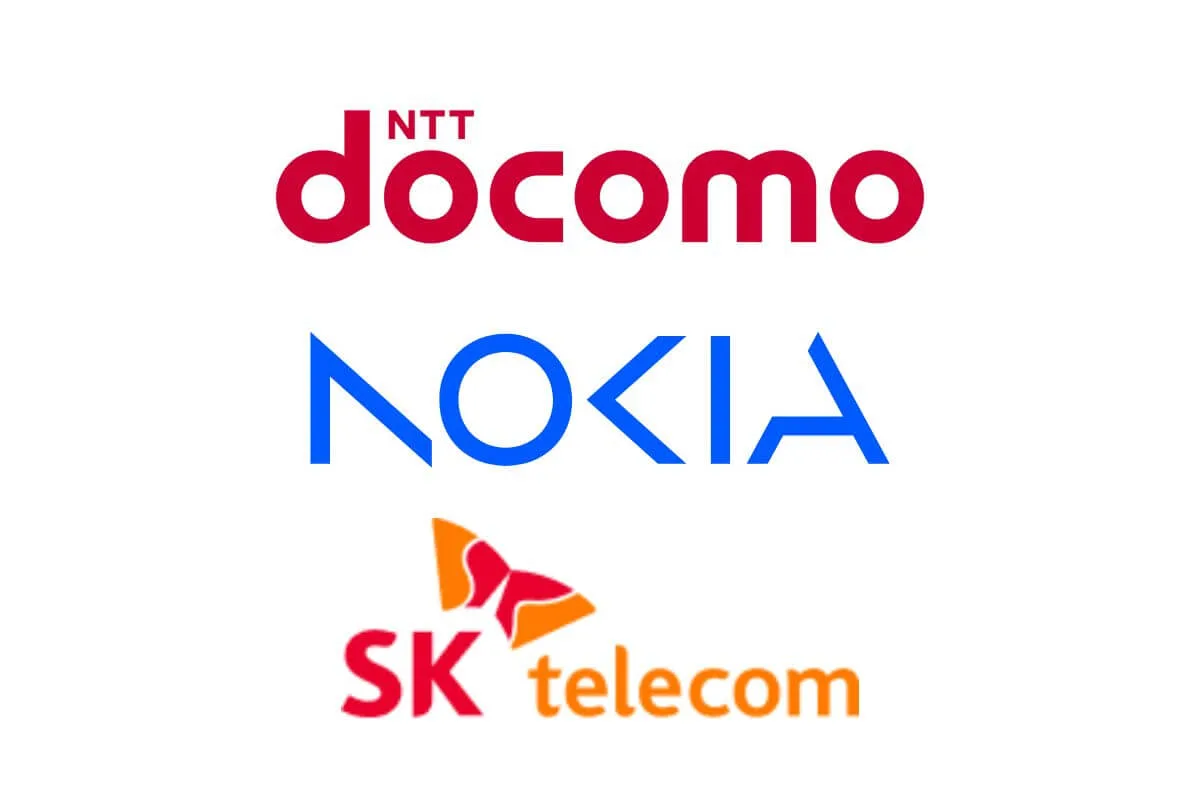
NTT Docomo, in collaboration with NTT, Nokia, and SK Telecom, has demonstrated a significant advancement in 6G wireless communication using artificial intelligence (AI) technology. In an indoor test conducted in Japan, AI technology improved communication speeds by up to 18 percent on the 4.8GHz band spectrum compared to conventional methods, the technology partners said.
Also Read: SK Telecom Unveils Vision for 6G Telco Infrastructure in AI Era
AI Technology Enhances Transmission
Docomo and NTT say they have been working with seven companies, including international vendors and operators to develop new 6G wireless technologies since June 2022, and currently are conducting tests across various 6G frequency bands. In partnership with NTT, Nokia and SK Telecom, Docomo conducted the first demonstration test in Japan using AI technology to optimise transmission and reception processing for various indoor radio-wave propagation environments.
AI's Role in Optimising Communication
Docomo explained that in wireless processing utilising AI, the transmission process improves communication performance by designing and learning optimal modulation schemes for each specific radio propagation environment. In addition, AI-based reception processing does not use traditional reference signals inserted into the transmitter to estimate the propagation channel between the transmitter and receiver. Instead, AI estimates the propagation channel. Since no reference signal is used, higher transmission efficiency is achieved.
Also Read: Ericsson Enhances Focus on AI, Gen AI and Network APIs at India R&D Centers
Nokia's AI-Driven Technology
The test utilised AI-driven baseband processing, developed by Nokia, to optimise transmission and reception. By dynamically designing modulation schemes based on radio wave propagation and eliminating the need for reference signals, the AI streamlined signal detection, boosting transmission efficiency.
Docomo aims to further develop this technology through partnerships with global vendors and operators, accelerating 6G standardisation and commercialisation worldwide using AI.















